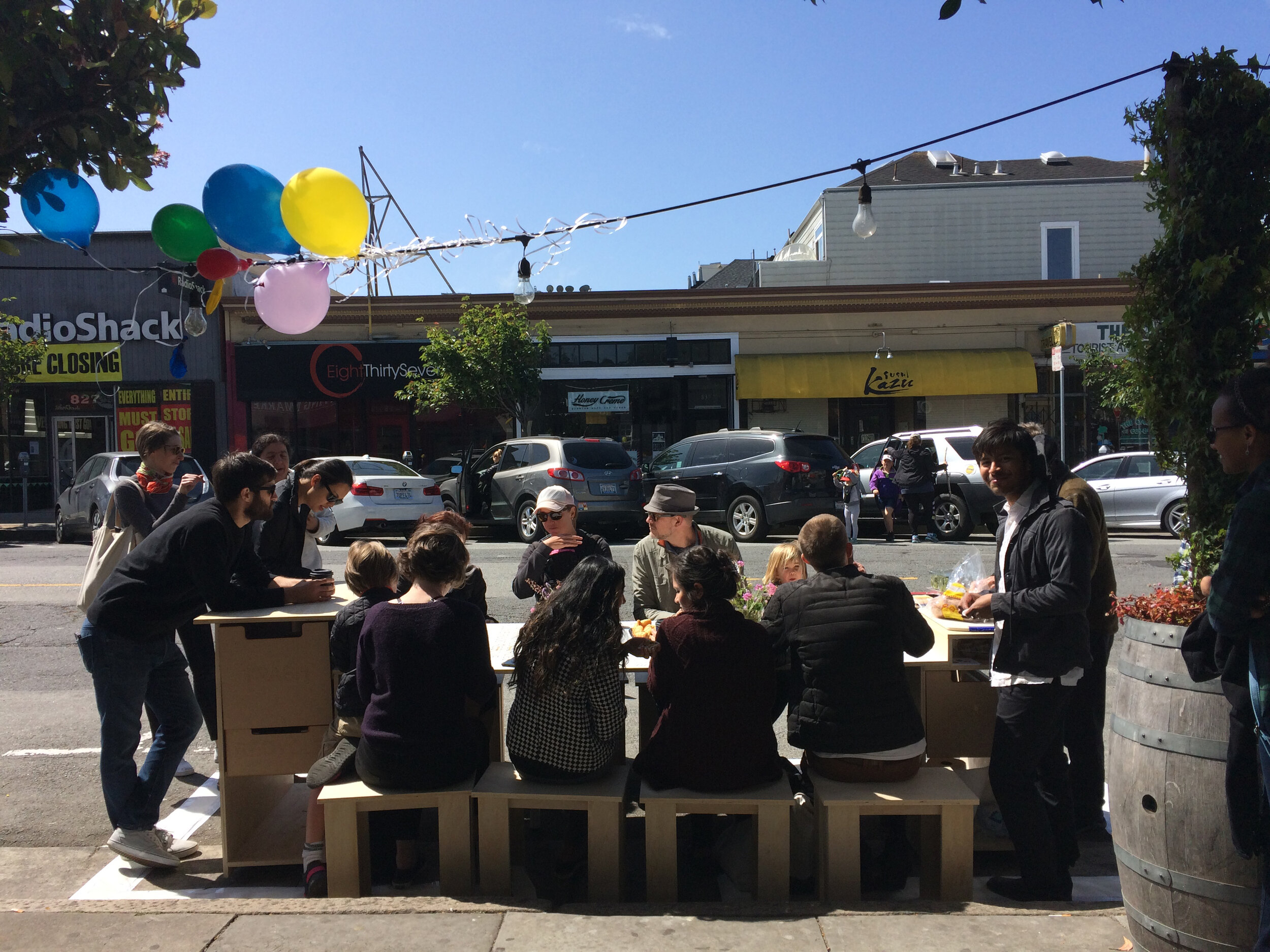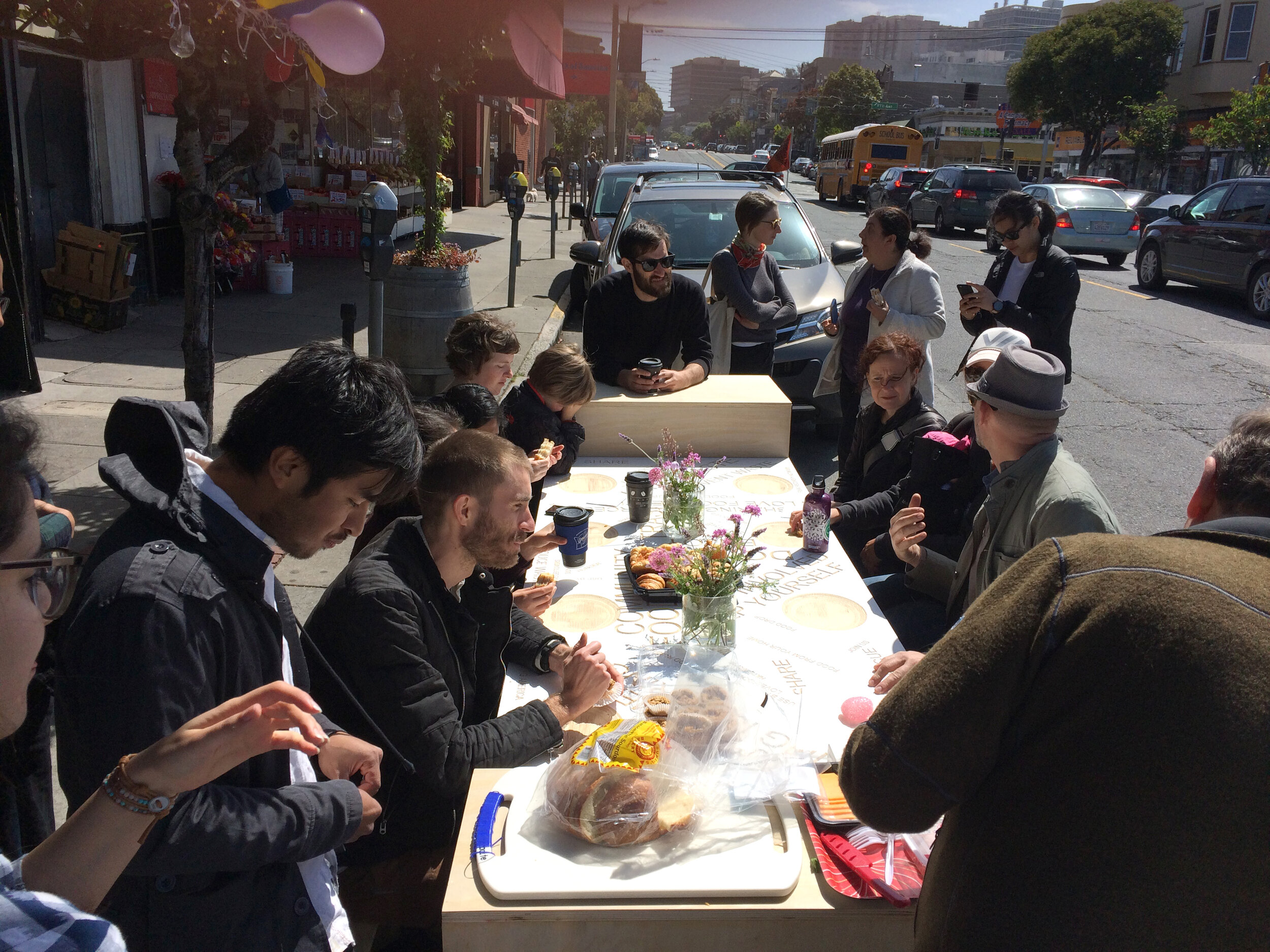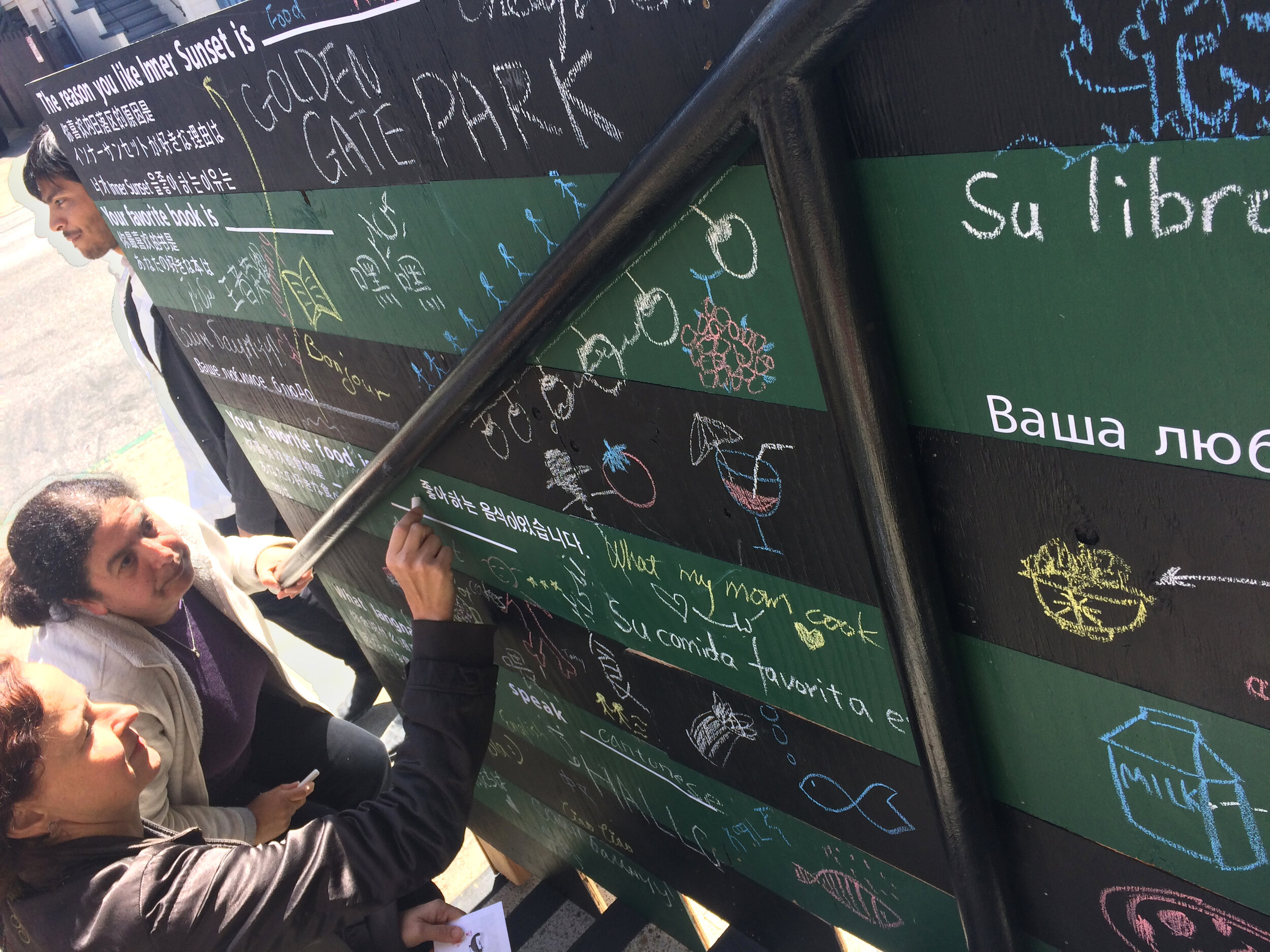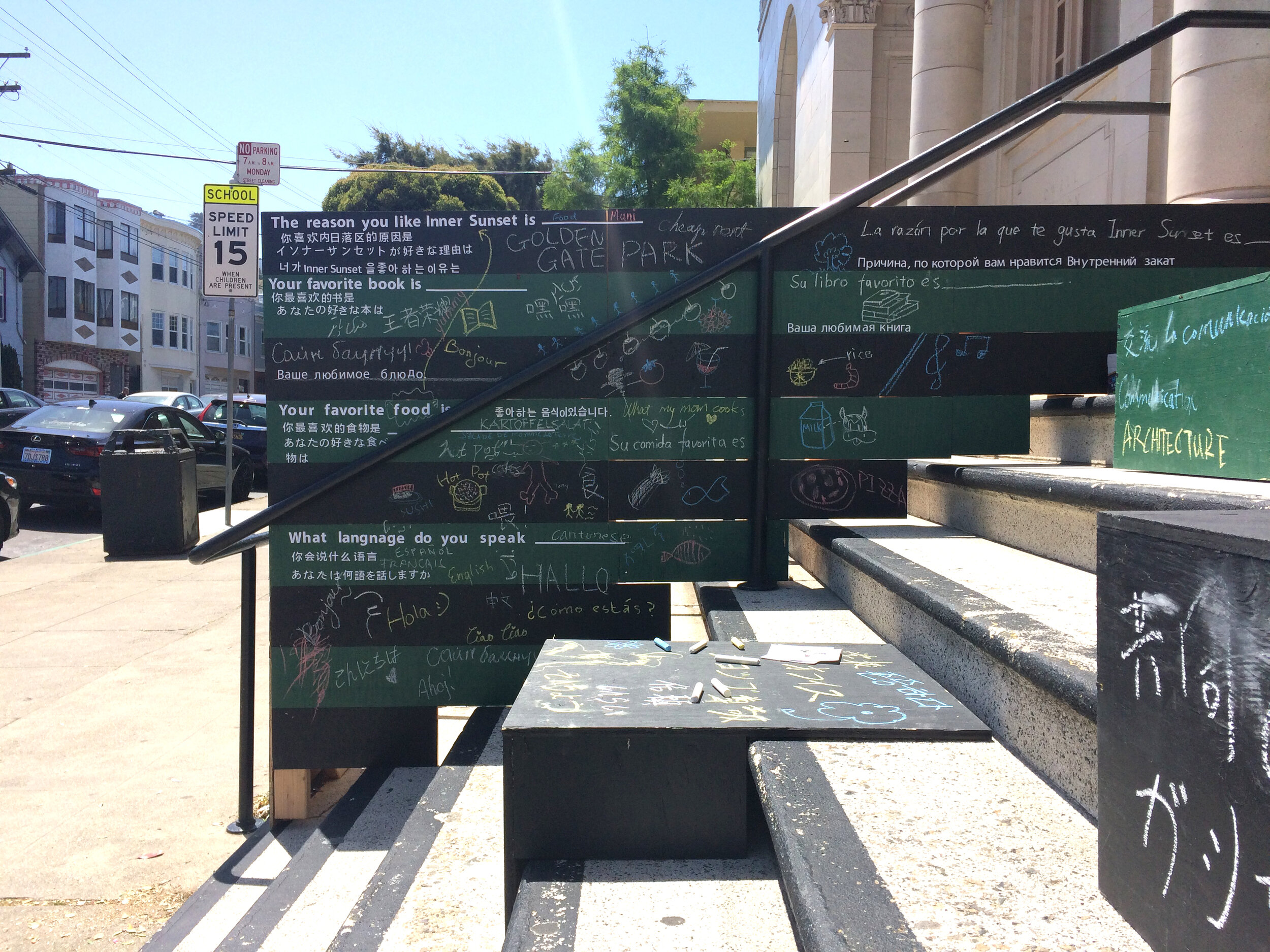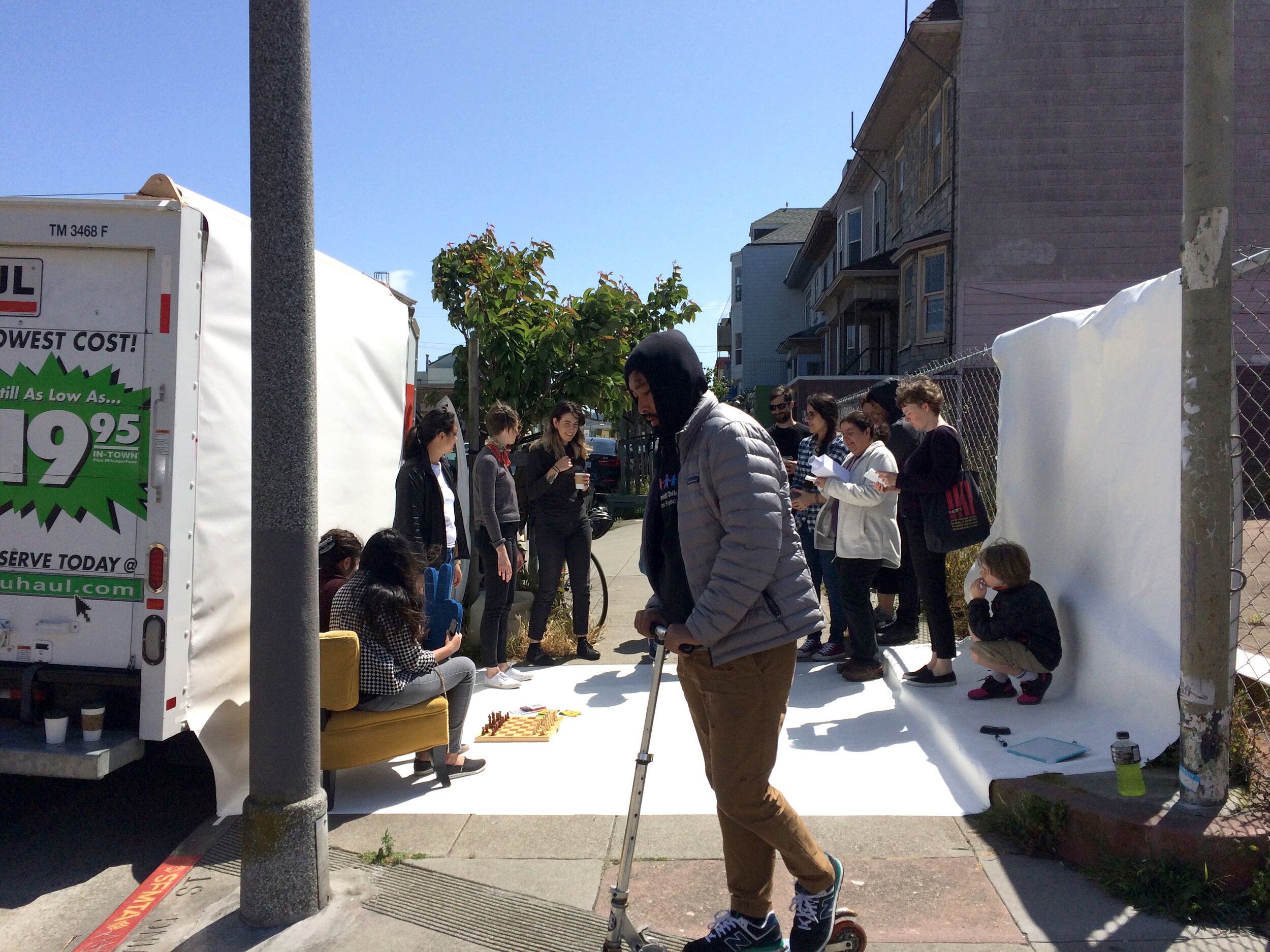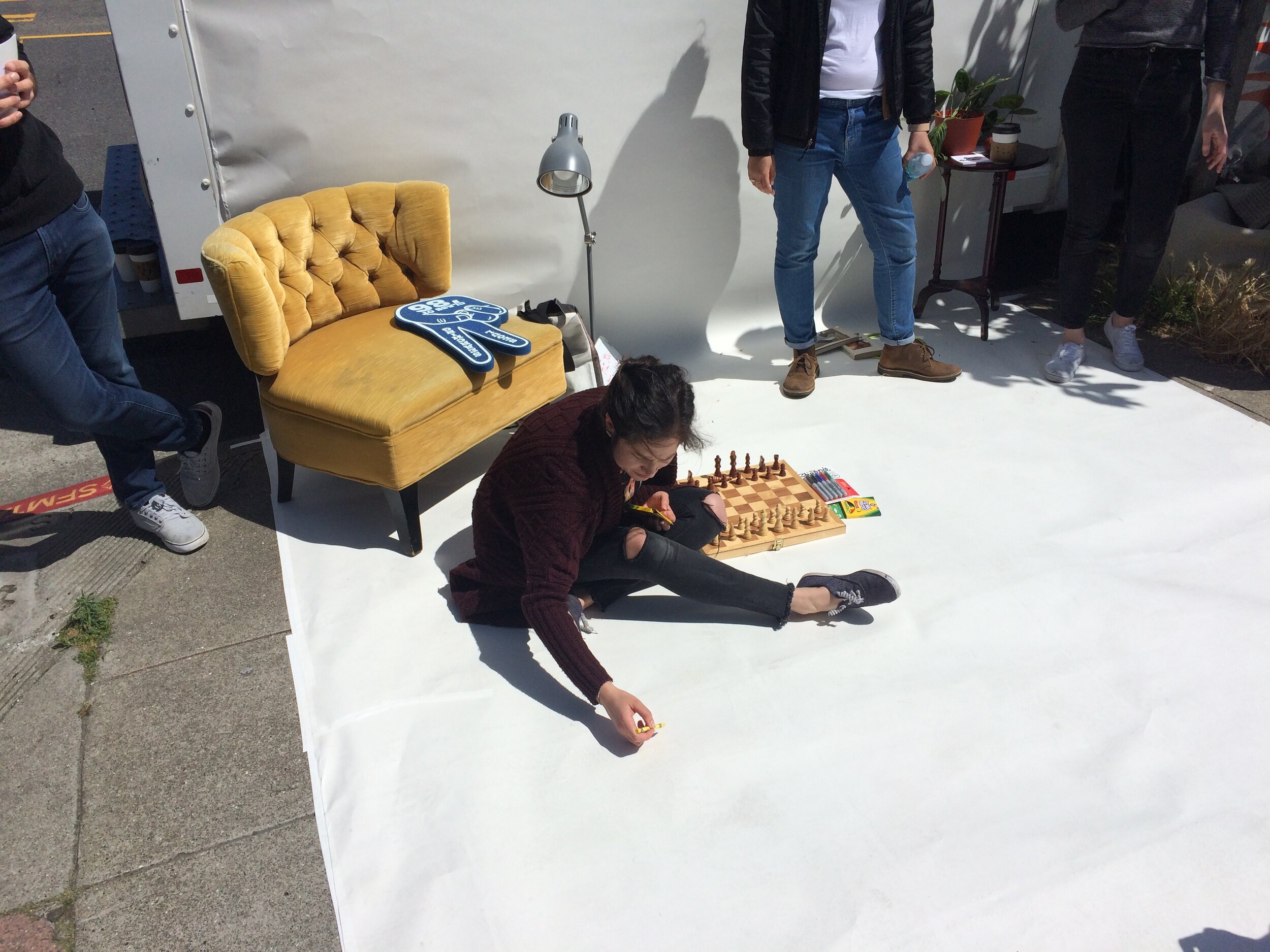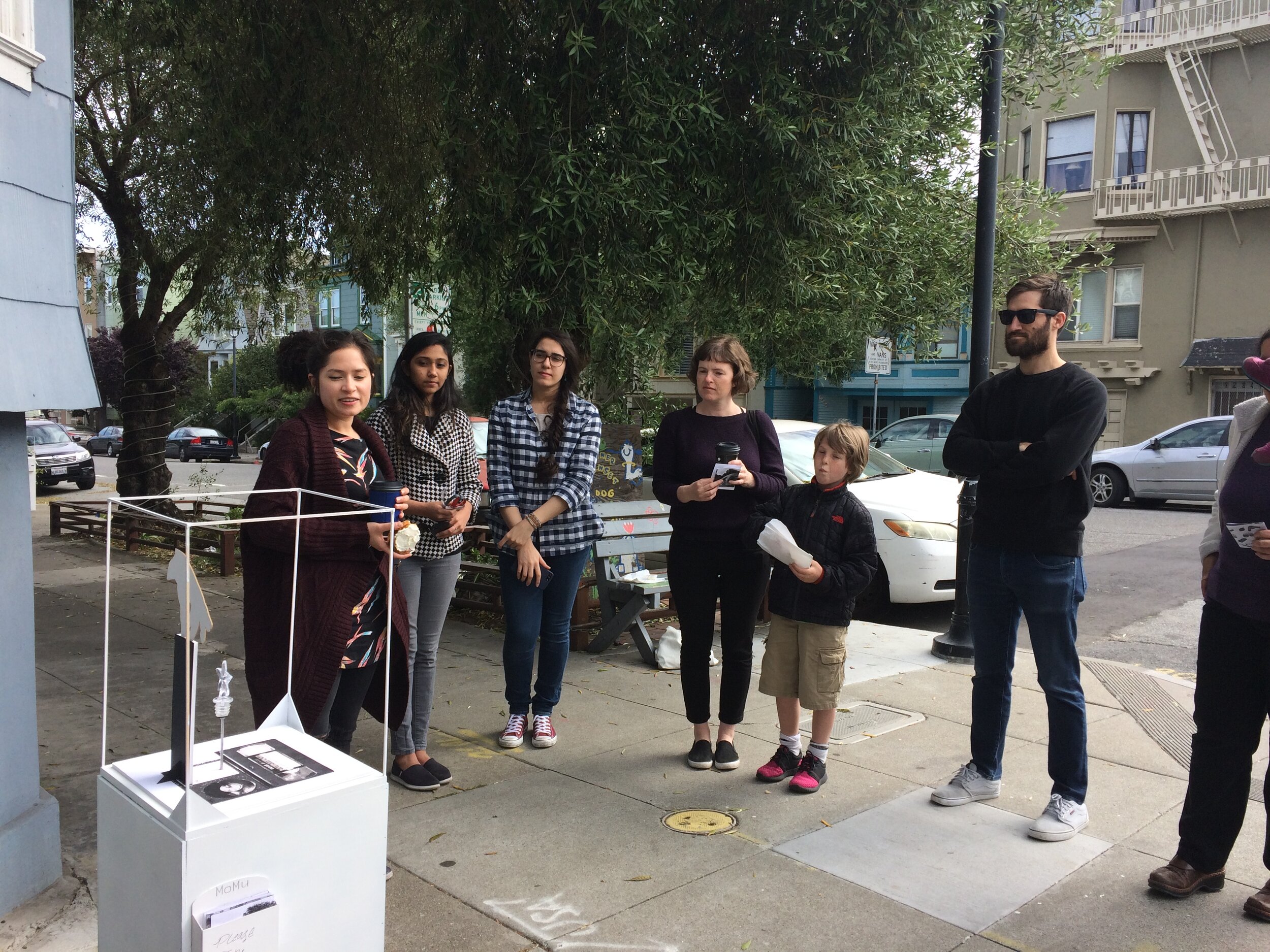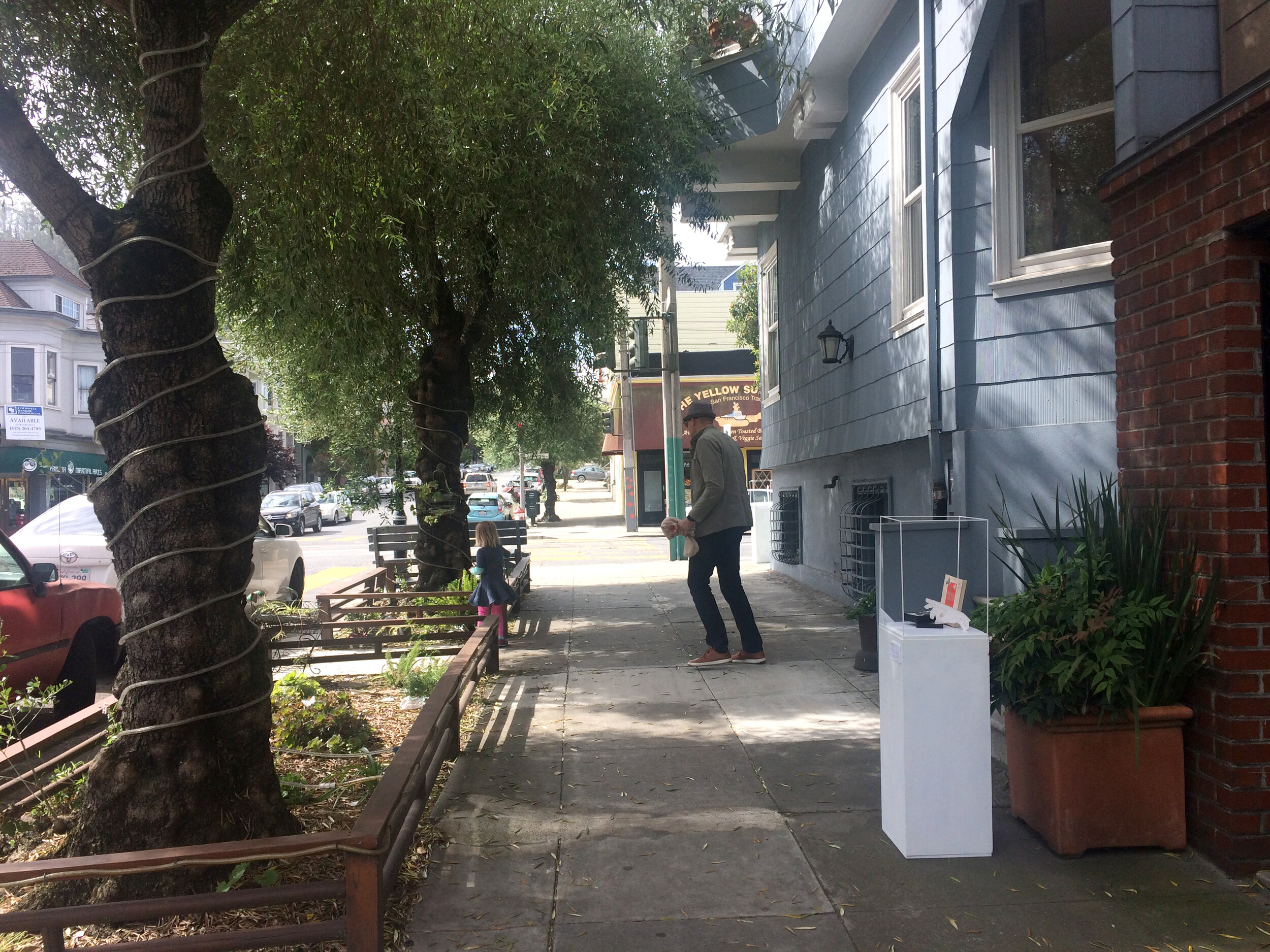PROTOTYPING PUBLIC SPACE
Project: Prototyping Public Space
Class: UR Elective Seminar
Date: Spring 2017
Instructors: Janette Kim
This course critically examines research practice in architecture and urbanism. How can architects produce new knowledge about complex and often invisible conditions of contemporary cities? How can such findings yield speculative design strategies, and thus carve out opportunities for practice beyond existing models of client-driven work?
This course operates in two formats: seminars and workshops. In seminars (about 1/3 of our sessions) we will study readings and canonical research projects from recent architectural history. In each session, we will focus on an existing technique of research, to examine its ethical implications and spark ideas for their potential transformation. Topics are Degrees of Certainty (statistics and mapping), the Ordinary and the Everyday (documentation of found spaces through film, photography and drawing), and Engagement (tools for public decision-making). To connect these topics, we will study theories of public space to ask how research on the city can activate both sites and exchanges of public discourse.
In workshops (2/3 of our sessions), students will then apply and transform these found research methods. We will work with Build Public (a non-profit based in San Francisco that applies innovative models of financing and community organization to create new public spaces in the city) and engage with their current role in the creation of a Community Benefits District in the Inner Sunset. We will produce two projects: the creation of analytic drawings and maps to highlight public space opportunities in the neighborhood, and the creation of new tools for public engagement. Our goal is to speculate on the significance, impact and potential of public space in San Francisco today.
Keywords: research, analytic techniques, data, mapping, anthropological analysis, social activism, engagement, public space, innovative financing.

